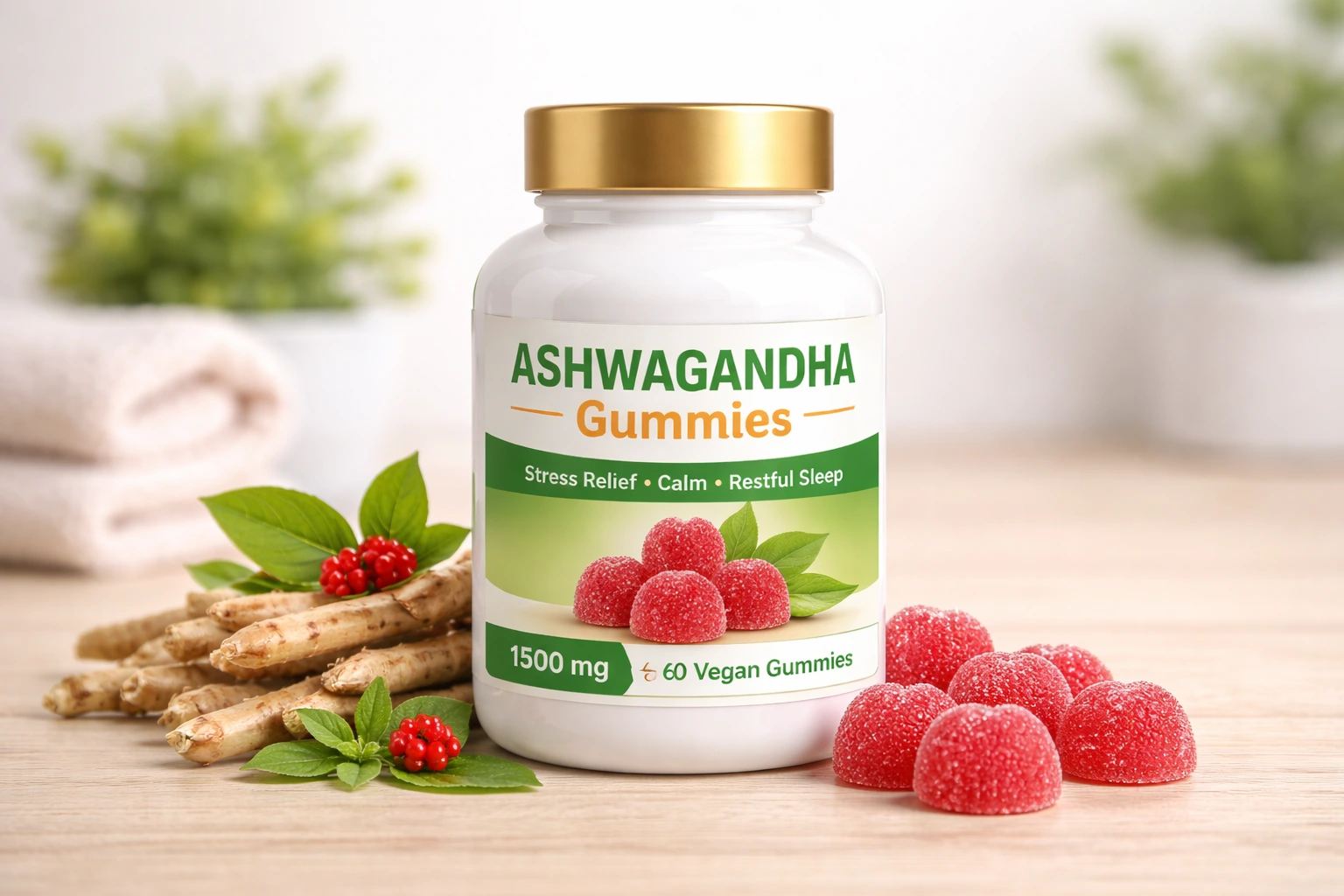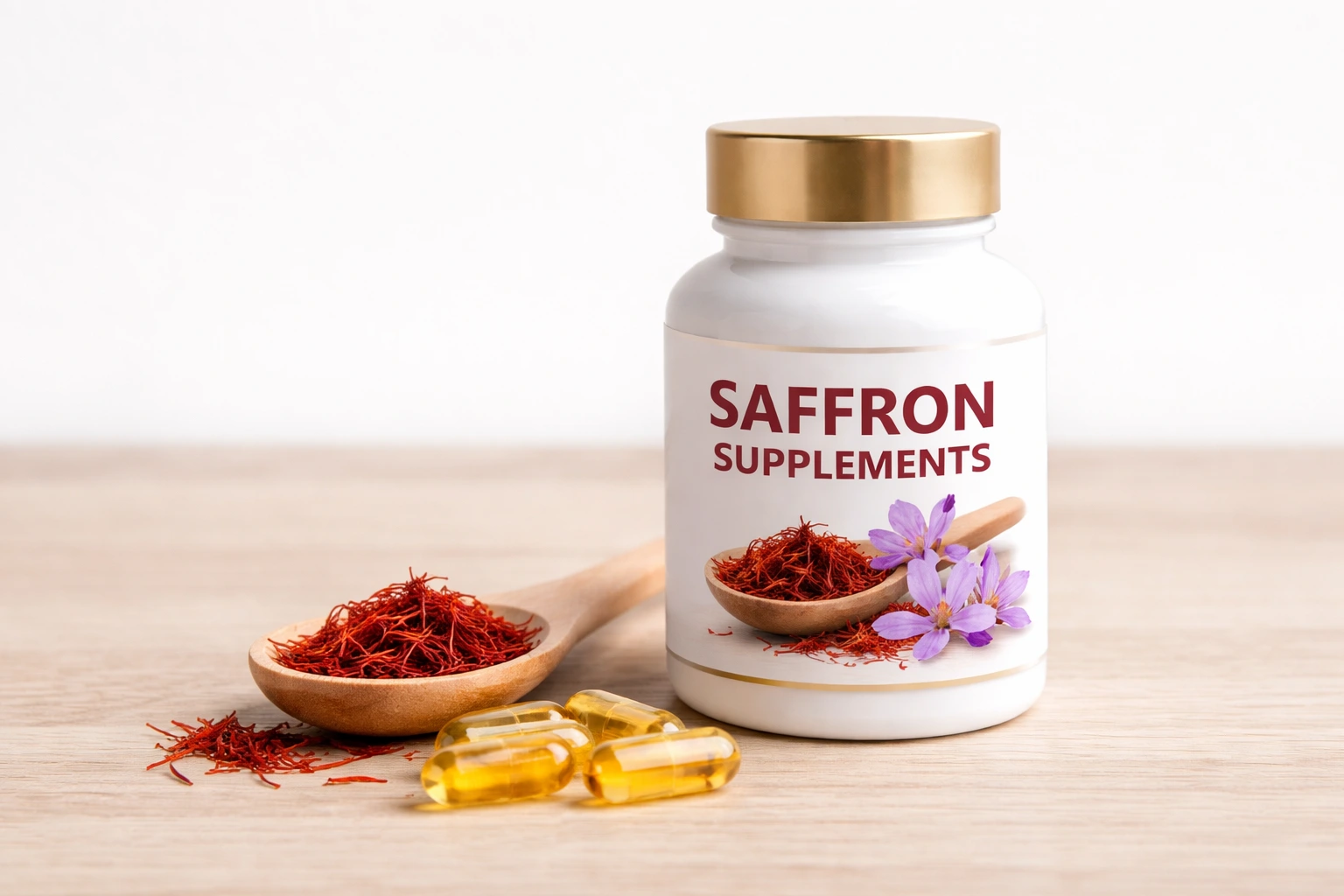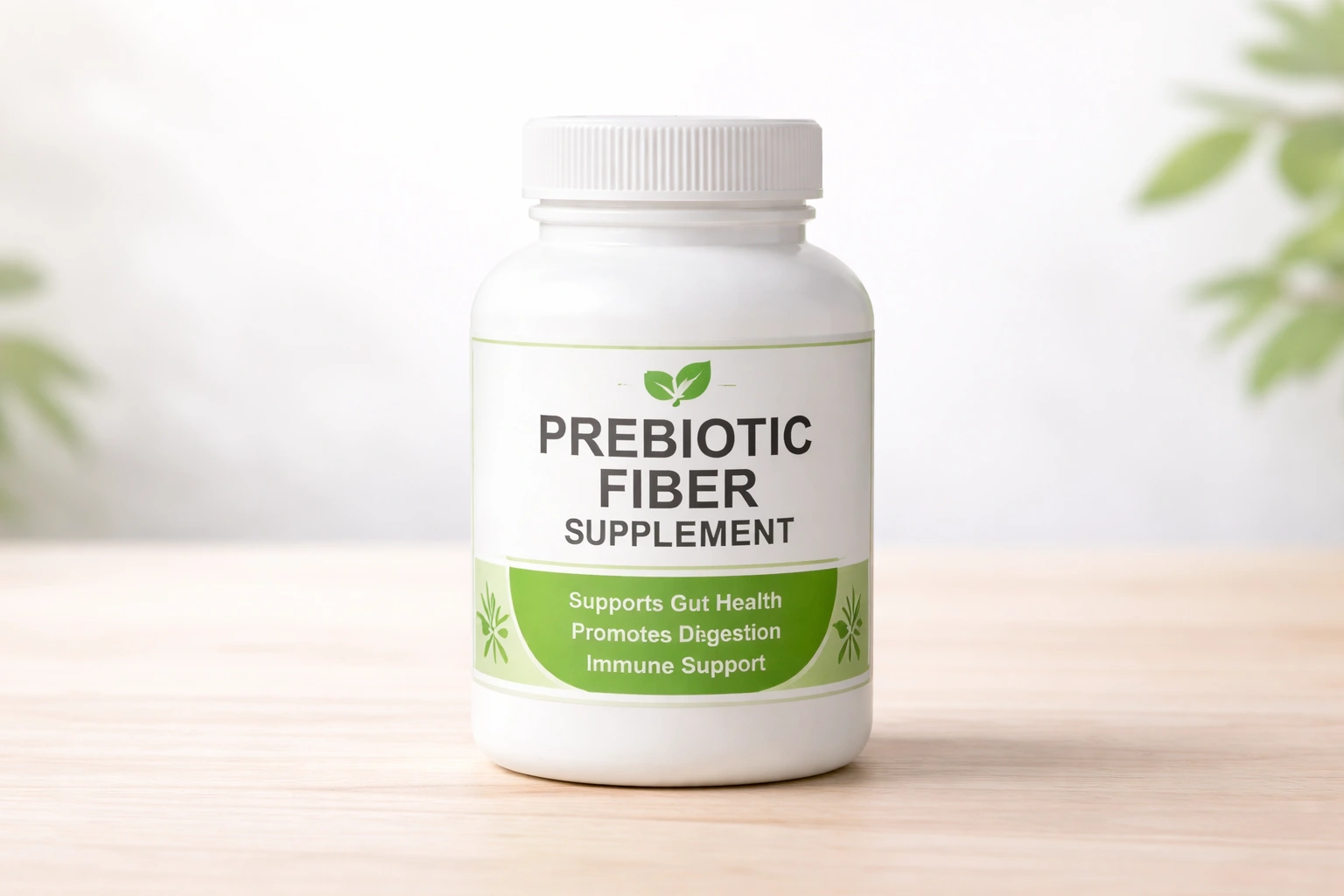Have you ever noticed feeling unusually tired despite sleeping well, or seen your nails becoming brittle and hair thinning unexpectedly? Many people assume that eating a “balanced diet” guarantees they get all the vitamins they need—but subtle nutritional gaps often go unnoticed. Over time, these deficiencies can impact your energy, mood, and overall health, sometimes without obvious signs.
Your body communicates in ways that might not seem obvious at first. Persistent fatigue, frequent colds, slow recovery from minor illnesses, or poor concentration can all indicate potential vitamin gaps. Even slight changes in skin, hair, or nail health can hint at deficiencies. For instance, dry, flaky skin may suggest low levels of vitamin A or essential fatty acids, while hair thinning can sometimes be linked to biotin or zinc deficiency (NIH, 2023).
Some deficiencies are more common than you might think. Vitamin D deficiency affects nearly 1 billion people worldwide, including those who spend most of their time indoors (Mayo Clinic, 2022). B12 deficiencies can be prevalent among older adults or people following vegan diets, impacting energy levels and neurological health (NIH, 2023). Paying attention to these subtle cues helps you identify whether your body might need additional support.
Common Signs of Vitamin Deficiency
Fatigue and Low Energy
Feeling drained or struggling to focus can be more than just a busy week. Low levels of iron, vitamin B12, or vitamin D can manifest as fatigue or brain fog. If you notice these symptoms persisting despite adequate sleep, it may be time to examine your diet and lifestyle more closely.
Hair, Skin, and Nail Changes
Physical appearance often mirrors internal health. Brittle nails, hair loss, or dry, irritated skin can be early indicators of nutrient deficiencies. Vitamins such as biotin, vitamin E, and vitamin A play critical roles in maintaining healthy hair, skin, and nails. Observing gradual changes over time can help you catch deficiencies early.
Immune System Clues
Frequent infections or prolonged recovery from minor illnesses can signal insufficient vitamin intake. Vitamin C, vitamin D, and zinc are vital for immune function, and inadequate levels may reduce your body’s ability to fend off infections (CDC, 2023).
Lifestyle and Life Stage Factors
Your nutrient needs are influenced by your age, diet, and specific life stage. As you grow older, your ability to absorb certain nutrients, such as vitamin B12, decreases, increasing the risk of deficiency. Vegetarians and vegans may need to supplement B12 and iron. Pregnant or breastfeeding women require higher levels of folate, iron, and iodine to support maternal and infant health.
Lifestyle choices also play a role. Limited sun exposure, chronic stress, intense exercise, or irregular eating patterns can affect vitamin levels. By understanding how your habits interact with your body’s needs, you can better assess whether supplementation or dietary adjustments are necessary.
When to Consider Supplements
Even with a generally healthy diet, there are situations where supplements can be beneficial. They are not meant to replace whole foods but can help fill nutrient gaps when necessary.
Medical Conditions and Absorption Issues
Certain health conditions can interfere with vitamin absorption. For example, celiac disease, Crohn’s disease, and gastrointestinal surgeries may reduce your ability to absorb nutrients like vitamin B12, vitamin D, and iron (NIH, 2023). If you have such conditions, supplementation under medical supervision can prevent deficiencies and support overall health.
Limited Sunlight and Lifestyle Factors
Vitamin D is essential for bone health, immune function, and mood regulation. People who live in northern latitudes, work indoors, or cover their skin for cultural or medical reasons may not produce enough vitamin D naturally (Mayo Clinic, 2022). Supplements can help maintain optimal levels when sunlight exposure is insufficient.
Dietary Restrictions
Vegetarians and vegans are more prone to certain deficiencies, including B12, iron, and omega-3 fatty acids. Pregnant or breastfeeding women also have increased nutrient demands, particularly folate, iron, and iodine. In these cases, supplements can ensure both maternal and infant health (CDC, 2023).
Observing Symptoms
Pay attention to your body. Persistent fatigue, frequent infections, or slow healing may suggest a vitamin deficiency. Consulting a healthcare professional for blood tests is the safest way to determine if supplementation is necessary and which nutrients to focus on.
Practical Steps to Ensure Adequate Nutrition
Eat a Diverse, Whole-Food Diet
A varied diet rich in fruits, vegetables, lean proteins, nuts, seeds, and whole grains provides a wide spectrum of essential vitamins and minerals. Whole foods offer nutrients in their natural form, often accompanied by fiber, antioxidants, and other compounds that improve absorption.
Monitor Your Body and Lifestyle
Notice patterns in energy, mood, and recovery from illnesses. Lifestyle factors such as stress, sleep quality, and physical activity influence nutrient needs. Adjusting diet and habits can help prevent deficiencies before they become severe.
Consult Professionals
Working with a registered dietitian, nutritionist, or doctor ensures tailored guidance based on blood tests, diet, and personal health goals. This professional oversight minimizes the risk of unnecessary supplementation or excessive intake.
Choose High-Quality Supplements When Needed
If supplements are recommended, opt for products with third-party testing, clear labeling, and appropriate dosages. Evidence-based supplements ensure safety and effectiveness while complementing a healthy diet.
Conclusion: Take Control of Your Nutritional Health
Understanding whether your body lacks vitamins requires a combination of self-observation, lifestyle evaluation, and professional guidance. Subtle signs like fatigue, hair and skin changes, frequent illnesses, or slow recovery can indicate potential deficiencies. Paying attention to these cues allows you to take proactive steps toward better health.
Supplements can be valuable tools when dietary intake or lifestyle factors are insufficient, but they should complement a balanced diet rather than replace it. Prioritize whole foods, monitor your body’s signals, and seek professional advice when necessary. By taking a mindful approach, you can optimize your vitamin intake, support your energy levels, enhance immunity, and maintain overall well-being.
Remember, nutrition is not one-size-fits-all. Individual factors like age, diet, lifestyle, and medical history determine your unique needs. With informed choices and consistent habits, you can take control of your nutritional health and prevent deficiencies before they impact your life.
References
-
National Institutes of Health (NIH) Office of Dietary Supplements. Vitamin B12 Fact Sheet for Health Professionals. 2023. https://ods.od.nih.gov/factsheets/VitaminB12-Consumer/
-
National Institutes of Health (NIH) Office of Dietary Supplements. Vitamin D Fact Sheet for Health Professionals. 2023. https://ods.od.nih.gov/factsheets/VitaminD-Consumer/
-
Mayo Clinic. Vitamin D deficiency: Causes and Symptoms. 2022. https://www.mayoclinic.org/healthy-lifestyle/nutrition-and-healthy-eating/expert-answers/vitamin-d-deficiency/faq-20058564
-
Centers for Disease Control and Prevention (CDC). Micronutrient Facts. 2023. https://www.cdc.gov/nutrition/micronutrient-malnutrition/index.html






